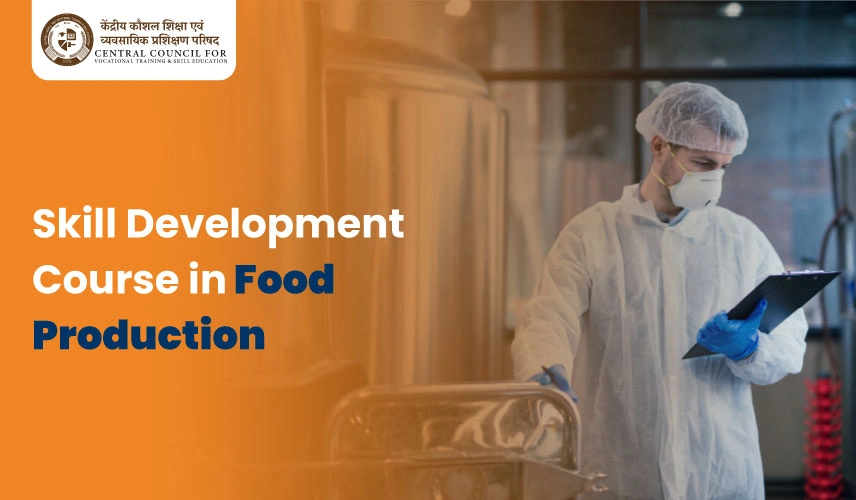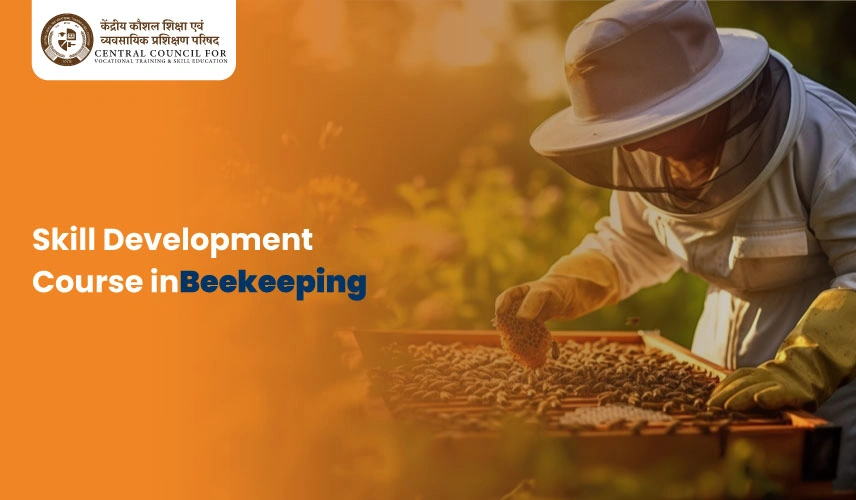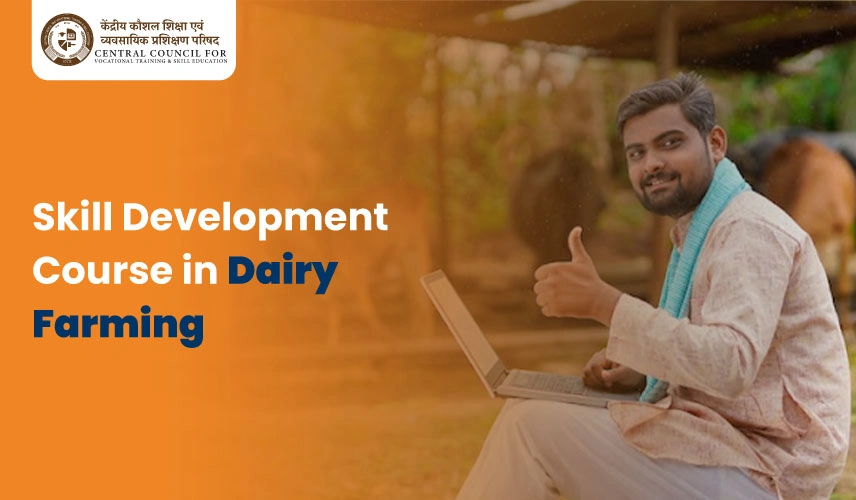- +91 8595350621
- info@ccvte.org
- C4/97B, Keshav Puram, Delhi-110035
Food Production

Skill Development Program in Food Production
Food production involves the cultivation of crops and raising of livestock to produce food products for human consumption. This sector is fundamental to global food security and involves a range of practices from planting and harvesting to processing and distribution. Key aspects of food production include crop management, soil fertility, pest control, and livestock care. Modern practices often incorporate technology and innovation to improve efficiency, sustainability, and yield. Techniques such as precision agriculture, organic farming, and sustainable practices are used to address challenges like climate change, resource management, and environmental impact. The field is critical not only for feeding the world’s population but also for supporting rural economies and preserving natural resources. As the global demand for food increases, advancements in agriculture food production continue to evolve, aiming for more productive, efficient, and sustainable systems. The Food Production course offers an in-depth exploration of the principles and practices involved in creating a wide range of food products. This course is designed to equip students with the technical skills and theoretical knowledge necessary for successful careers in the food industry.
Why did you choose the Food Production Course from CCVTE?
- A skill development course in Agriculture Food Production is meticulously designed for individuals aiming to build a career in the agricultural sector, focusing on the production and management of food crops and livestock.
- The course equips students with practical skills and knowledge essential for food production. The course covers a broad range of topics such as soil science, plant nutrition, crop protection, sustainable farming practices, and farm machinery operation. Specialized modules may include advanced crop breeding, agroecology, and agricultural economics.
- Upon completion, students can explore job opportunities in various food-related sectors, including government and private establishments.
- Key highlights include its flexibility and affordability, enabling students to complete the course more quickly and cost-effectively compared to traditional full-time degree programs.
- This comprehensive program provides a practical, cost-effective pathway to a successful career in food production.
- Upon completion, students receive a diploma or certificate that acknowledges their expertise in food production, providing a solid credential for job applications and career advancement.
Specializations in Food Production
- Crop Science
- Soil Management
- Agricultural Economics
- Plant Breeding and Genetics
- Pest and Disease Management
- Organic Farming
- Precision Agriculture
- Farm Management
- Agricultural Engineering
- Sustainable Agriculture
Career opportunities
Career opportunities in Agriculture Food Production encompass a wide range of roles that contribute to the effective management and advancement of food production systems. This sector is vital for ensuring food security, improving agricultural practices, and supporting rural economies.
Professionals in this field work in various capacities, from managing farms and advising on crop and soil management to conducting research and promoting sustainable practices. Roles include Farm Managers, who oversee farm operations; Agricultural Technicians, who provide technical support; and Crop Consultants, who offer expert advice on improving crop yields.
- Farm Manager
- Agricultural Technician
- Crop Consultant
- Soil Scientist
- Agricultural Economist
- Food Production Specialist
- Sustainable Agriculture Specialist
- Agricultural Sales Representative
- Research Scientist
- Agricultural Extension Office
Syllabus
|
3 Month |
6 Month |
1 Year |
2 Years |
|
Introduction to Food Production |
Introduction to Food Production |
Introduction to Food Production |
Introduction to Food Production |
|
Soil Science and Management |
Soil Science and Management |
Soil Science and Management |
Soil Science and Management |
|
Crop Production Basics |
Crop Production Basics |
Crop Production Basics |
Crop Production Basics |
|
Plant Nutrition and Fertilization |
Plant Nutrition and Fertilization |
Plant Nutrition and Fertilization |
Plant Nutrition and Fertilization |
|
Pest and Disease Management |
Pest and Disease Management |
Pest and Disease Management |
|
|
Irrigation and Water Management |
Irrigation and Water Management |
Irrigation and Water Management |
|
|
Advanced Irrigation Techniques |
Advanced Irrigation Techniques |
Advanced Irrigation Techniques |
|
|
Agricultural Machinery and Equipment |
Livestock Management |
Livestock Management |
|
|
Agricultural Machinery and Equipment |
Agricultural Machinery and Equipment |
||
|
Food Processing and Preservation |
Food Processing and Preservation |
||
|
Advanced Food Processing Techniques |
Advanced Food Processing Techniques |
||
|
Farm Management and Economics |
Farm Management and Economics |
||
|
Sustainable Agricultural Practices |
|||
|
Agricultural Research and Innovations |
|||
|
Agricultural Policy and Regulation |
|||
|
Practical Farm Management Skills |
Top Hiring Opportunities in Food Production
- Agricultural Corporations
- Farm and Ranch Operations
- Government Agencies
- Research Institutions
- Food Manufacturing Companies
- Agricultural Equipment Manufacturers
- Agricultural Consultancies
- Non-Governmental Organizations (NGOs)
- Cooperatives
- Food Retailers
Other Paramedical Courses Provided by CCVTE
Frequently Asked Questions
Theoretical concepts are taught through lectures, readings, and assignments, and are applied during hands-on cooking labs and projects.
Assignments may include creating menus, developing recipes, conducting food safety audits, and completing culinary presentations.
Many programs include internships or work placements in professional kitchens, catering companies, or food service establishments.
Support often includes guidance from experienced instructors, peer feedback, and access to industry tools and resources.
CCVTE offers flexible study options for its Food Production program, including part-time and online courses. Students can choose from evening classes or modular formats to fit their schedules. This flexibility allows working professionals and those with other commitments to pursue the program at their own pace while balancing their personal and professional responsibilities.



